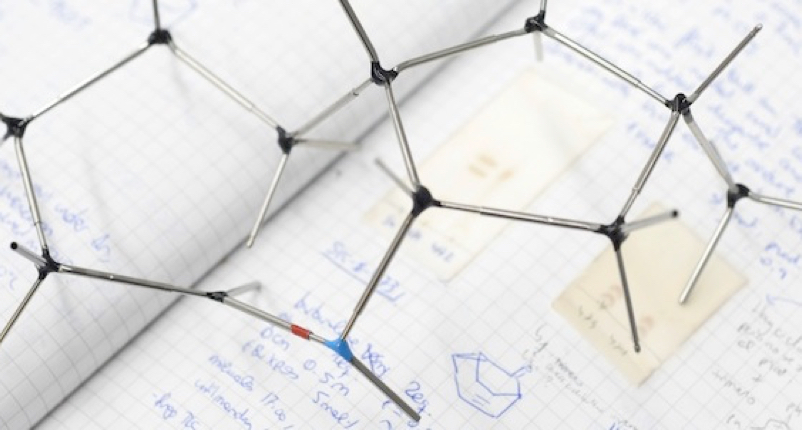Conducting Organic Polymer Electrodes with Embedded Polyoxometalate Catalysts for Water Splitting
Polyoxometalates (POMs) from earth‐abundant metals are promising electrocatalysts to promote the oxygen evolution reaction in a green process to obtain hydrogen from water and a renewable energy source. Taking advantage of their high anionic charge, we have incorporated a cobalt‐based POM as dopant into an organic conducting polymer matrix (polypyrrole). This heterostructure combines the catalytic water oxidation features from the POM, together with the unique processability of polypyrrole. We have optimized the electrocatalytic performance by studying the effect of several parameters, such as the POM content, film thickness, counter anions, and so forth. It is remarkable that less than 6 % POM content in a polypyrrole film multiplies oxygen evolution reaction currents by one order of magnitude, reducing the required overpotentials by approximately 200 mV. Despite the moderate efficiency (ca. 65 %), this strategy, being based on inexpensive and readily available raw materials, may be useful for the preparation of water splitting anodes that can be adapted to any surface, geometry, or support.

M. Blasco‐Ahicart, J. Soriano‐López, J. R. Galán‐Mascarós
ChemElectroChem 2017, 4, (12), 3296-3301
DOI:
10.1002/celc.201700696

Let's create a brighter future
Join our team to work with renowned researchers, tackle groundbreaking
projects and contribute to meaningful scientific advancements



















